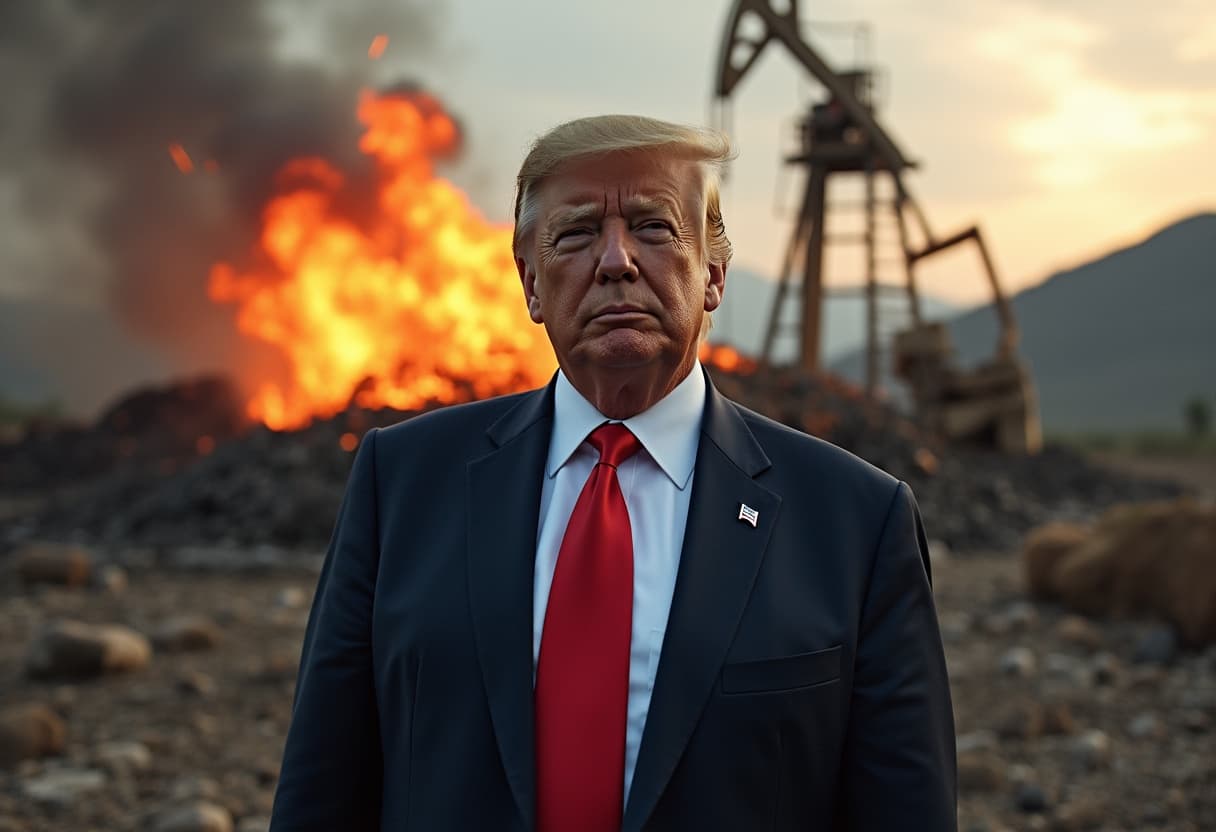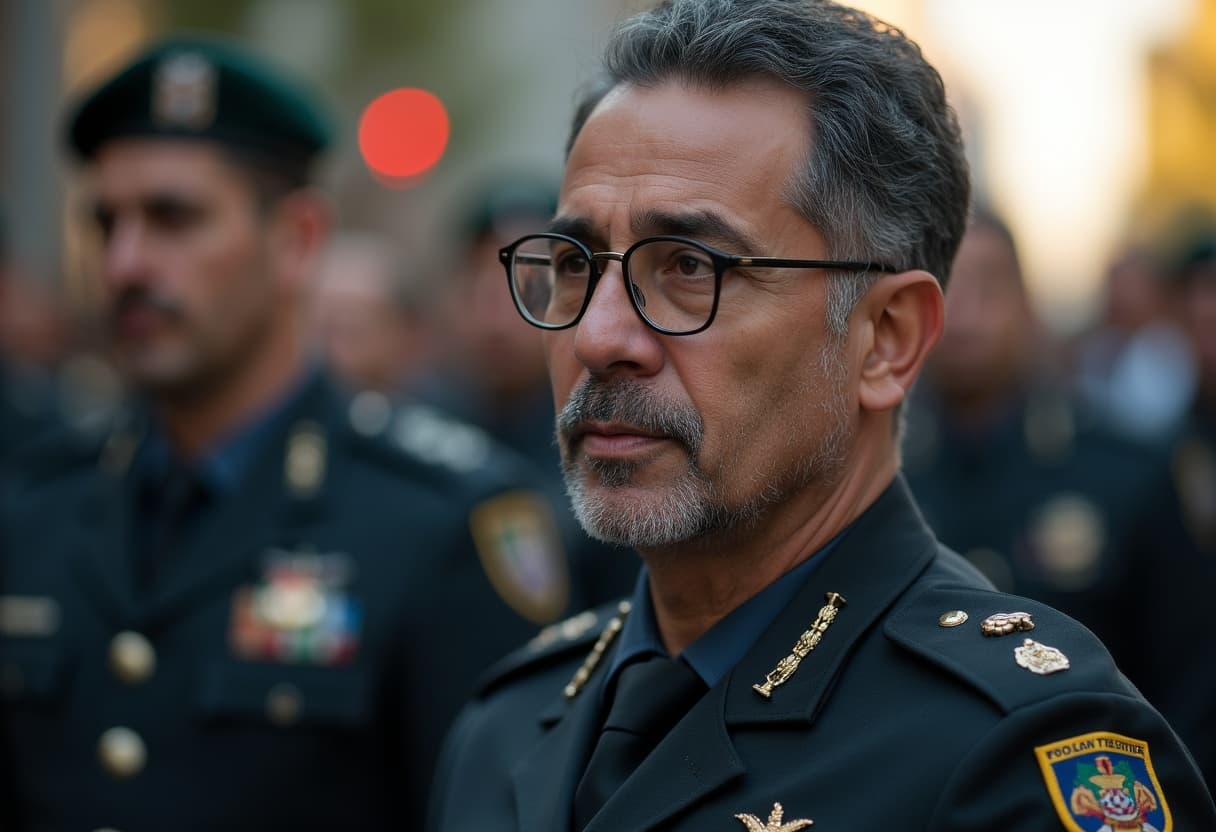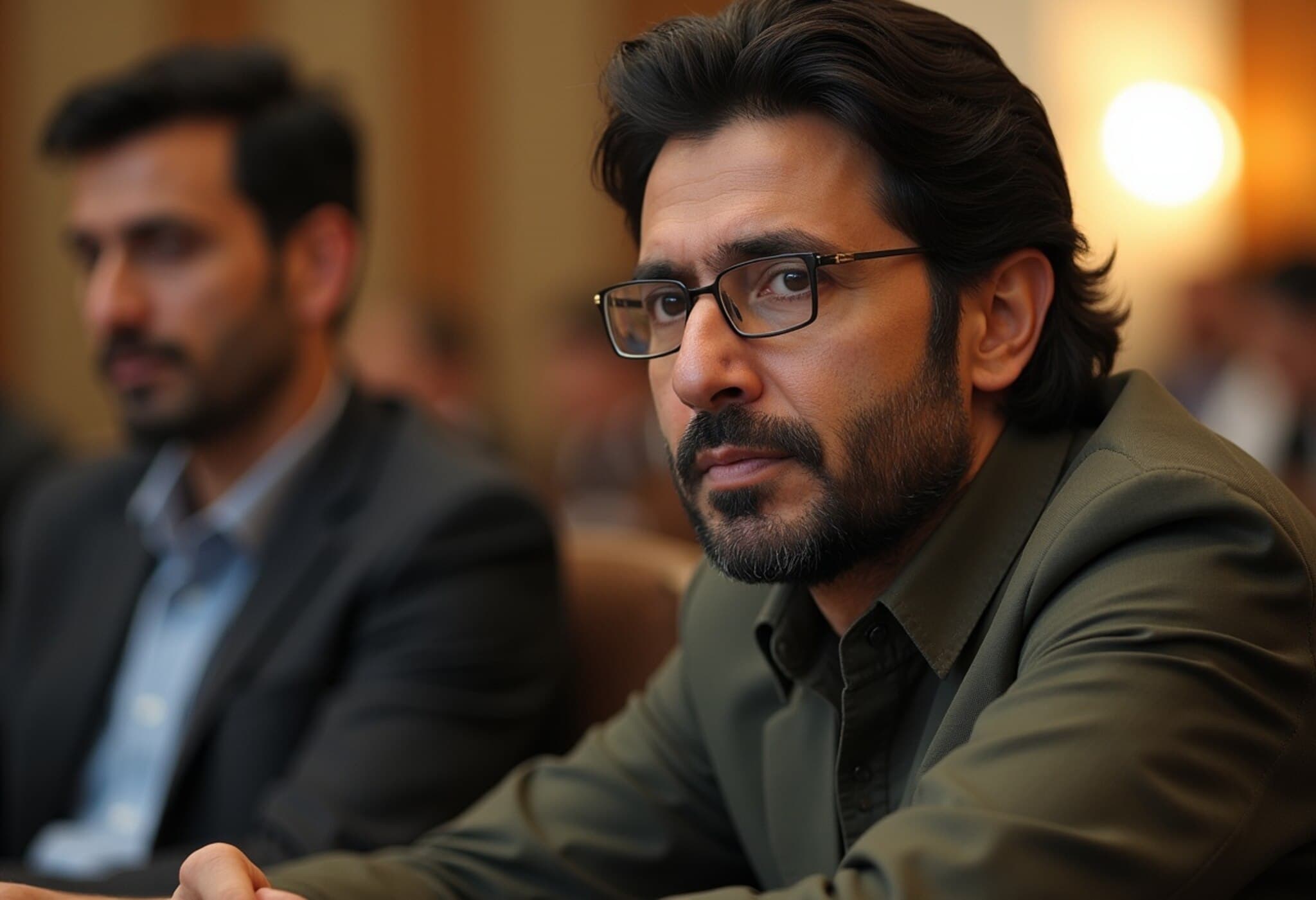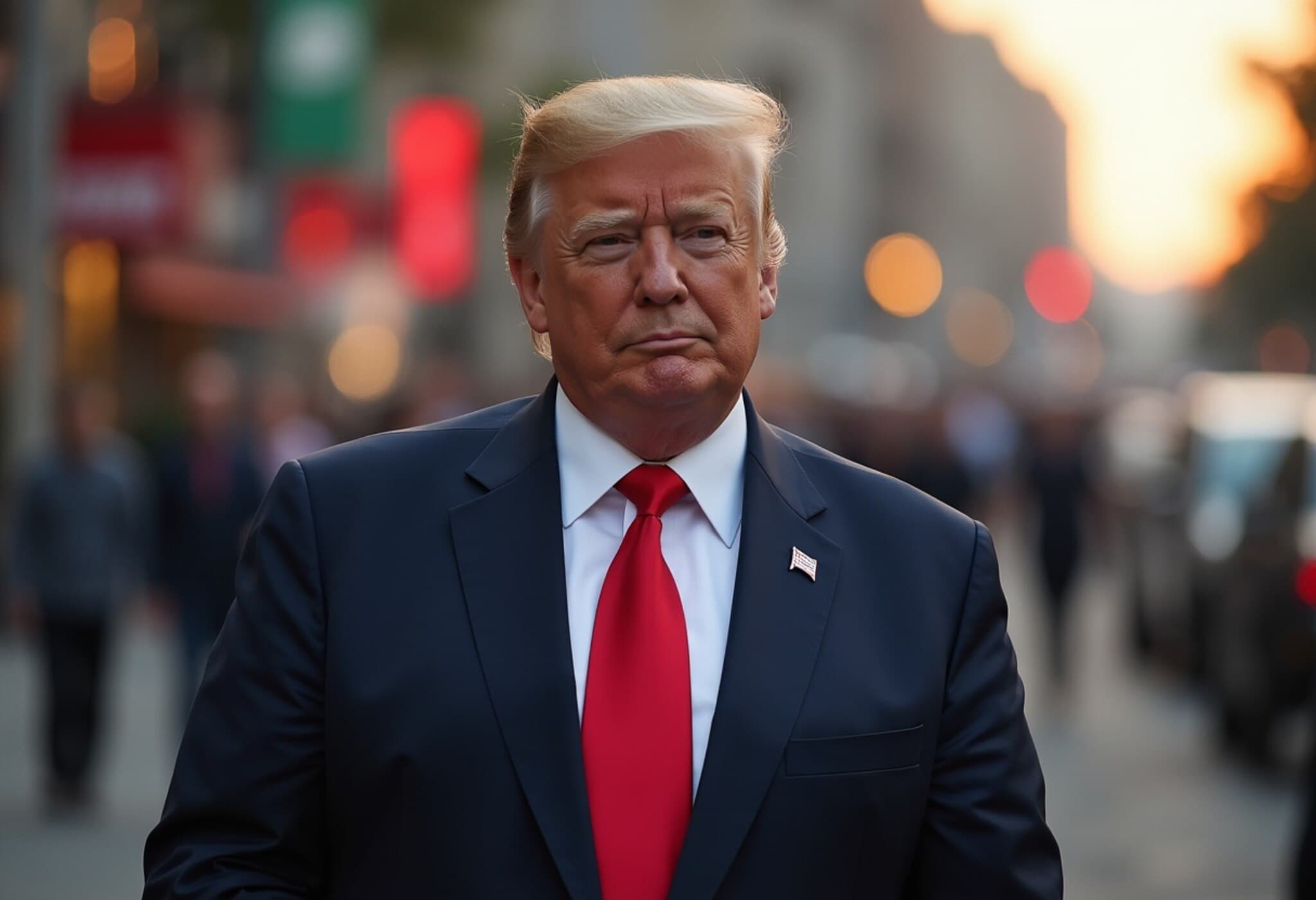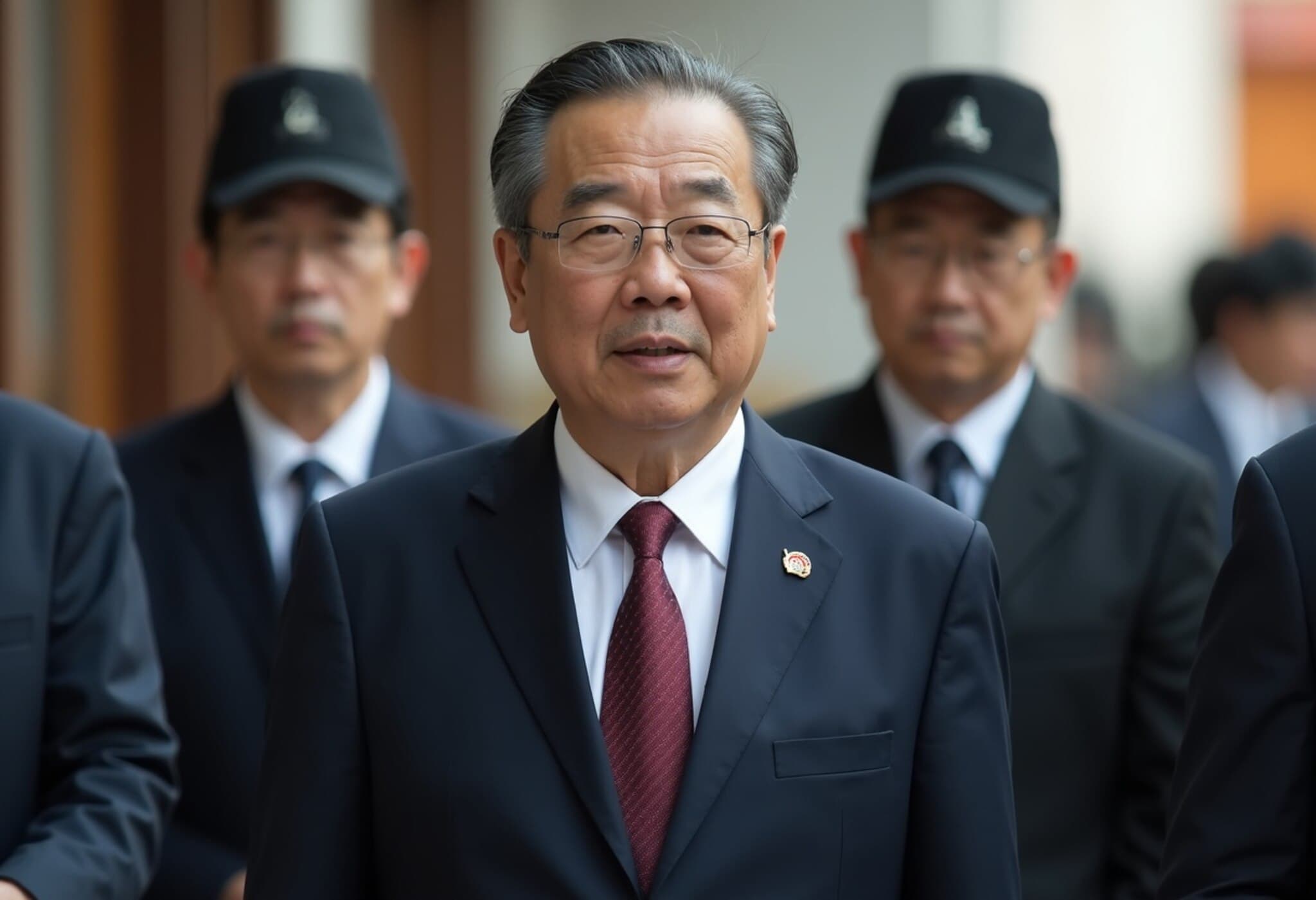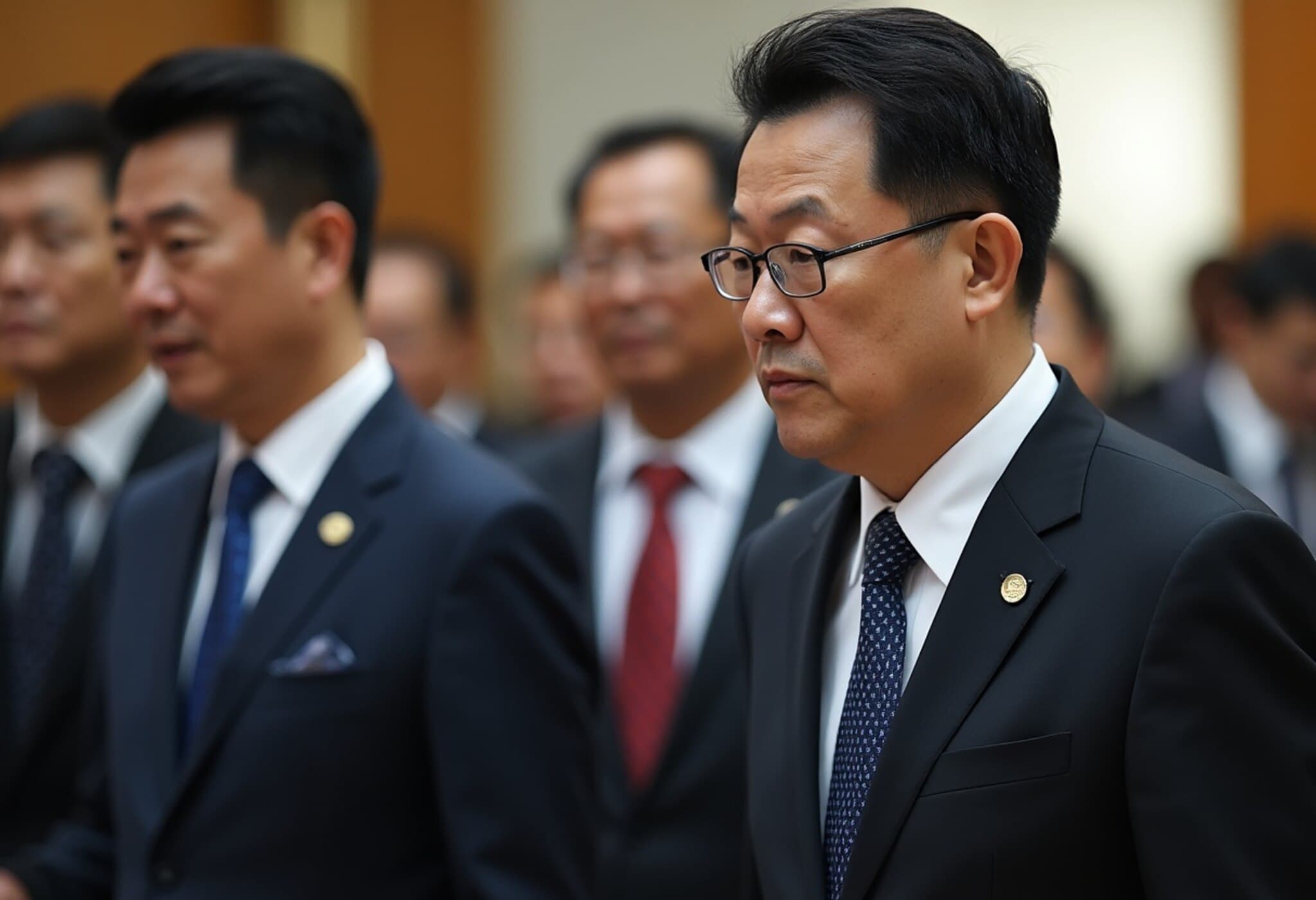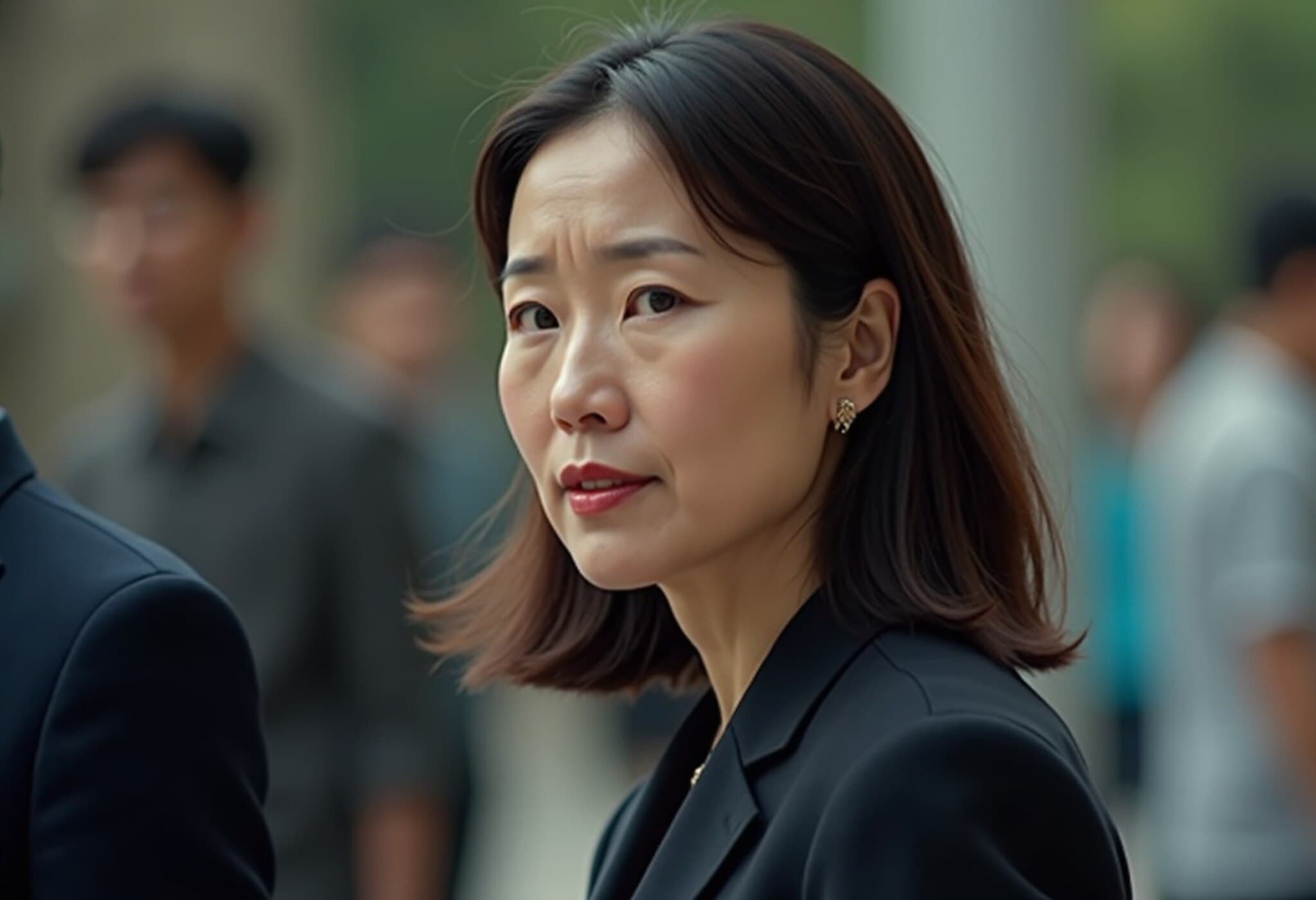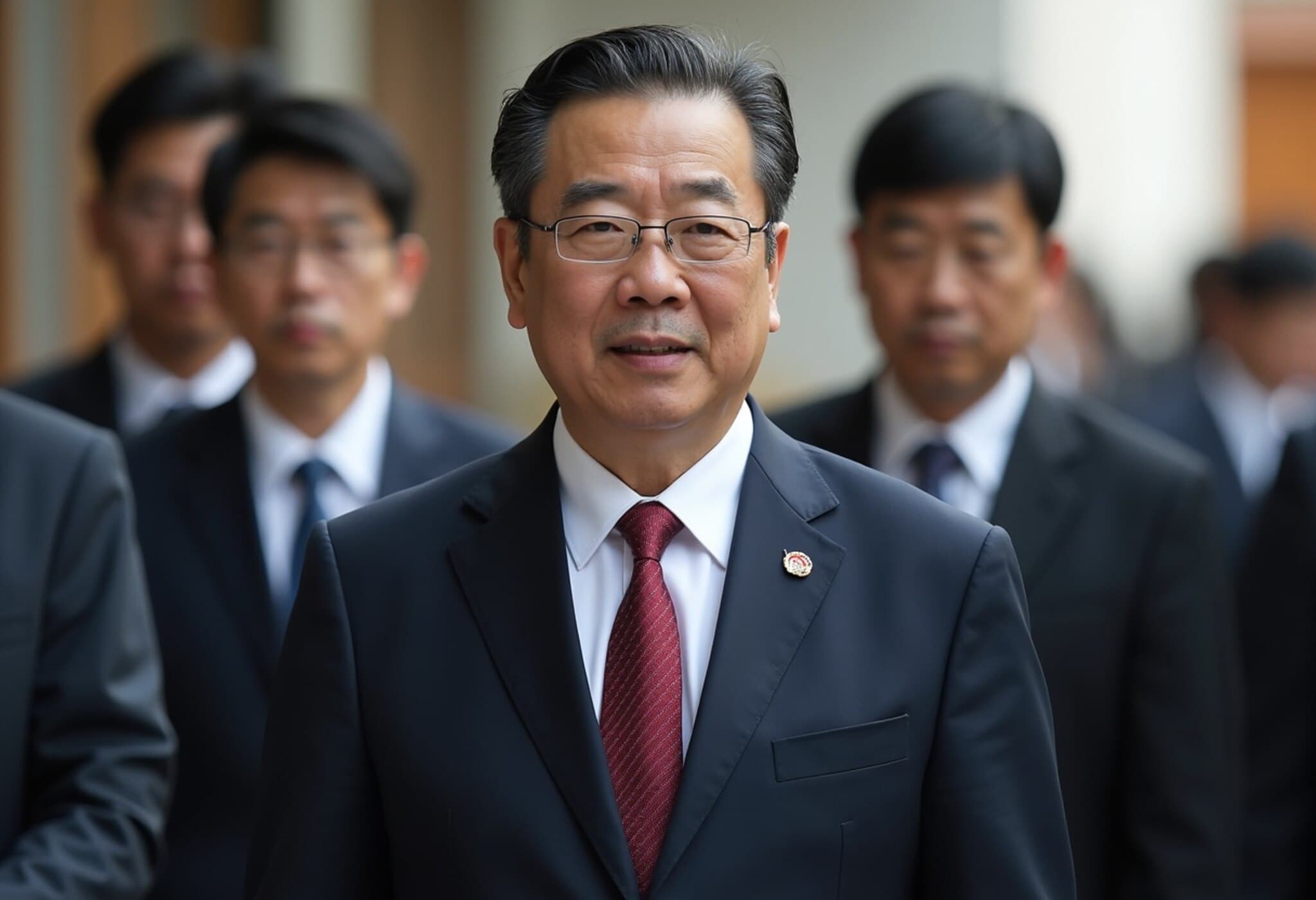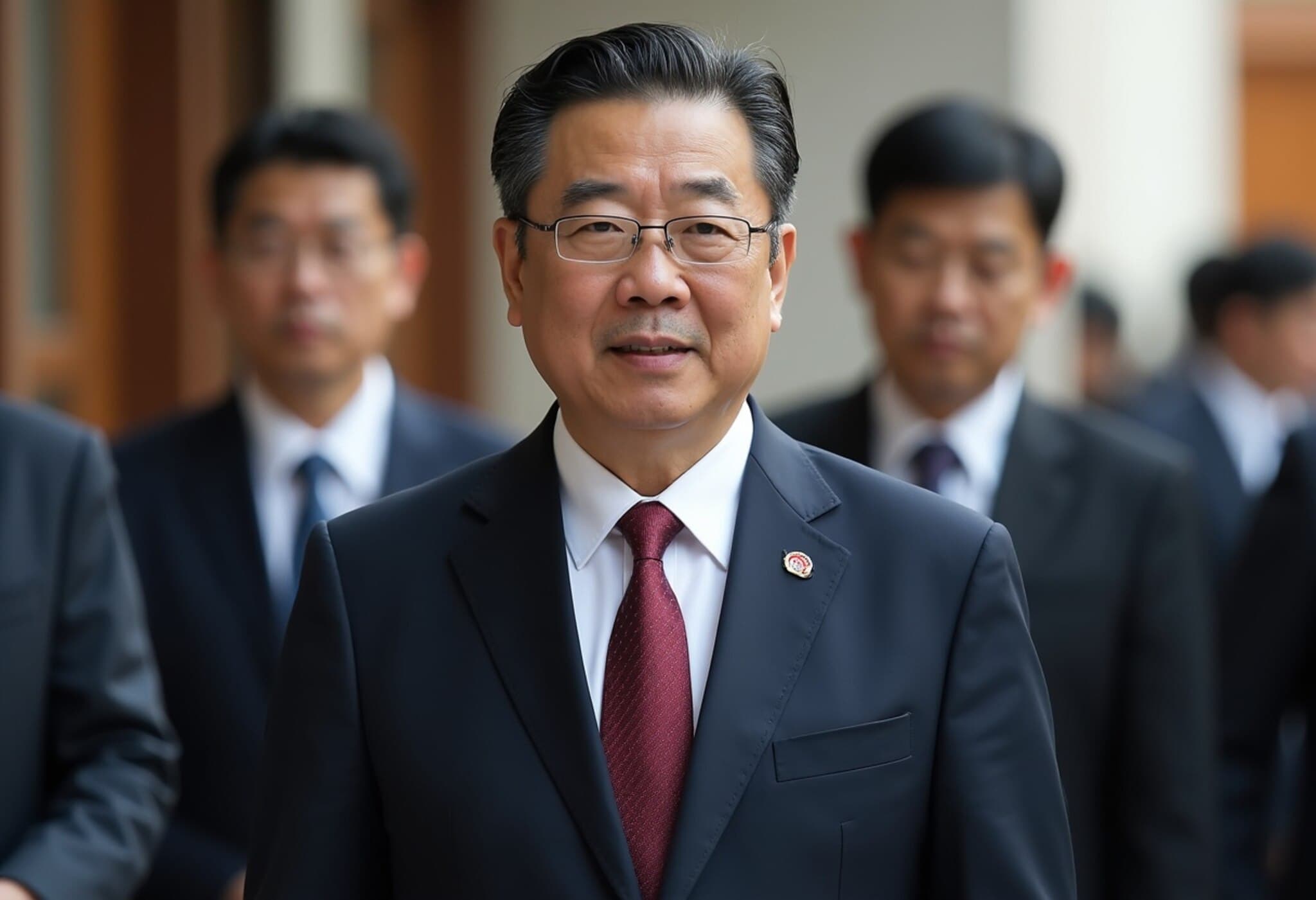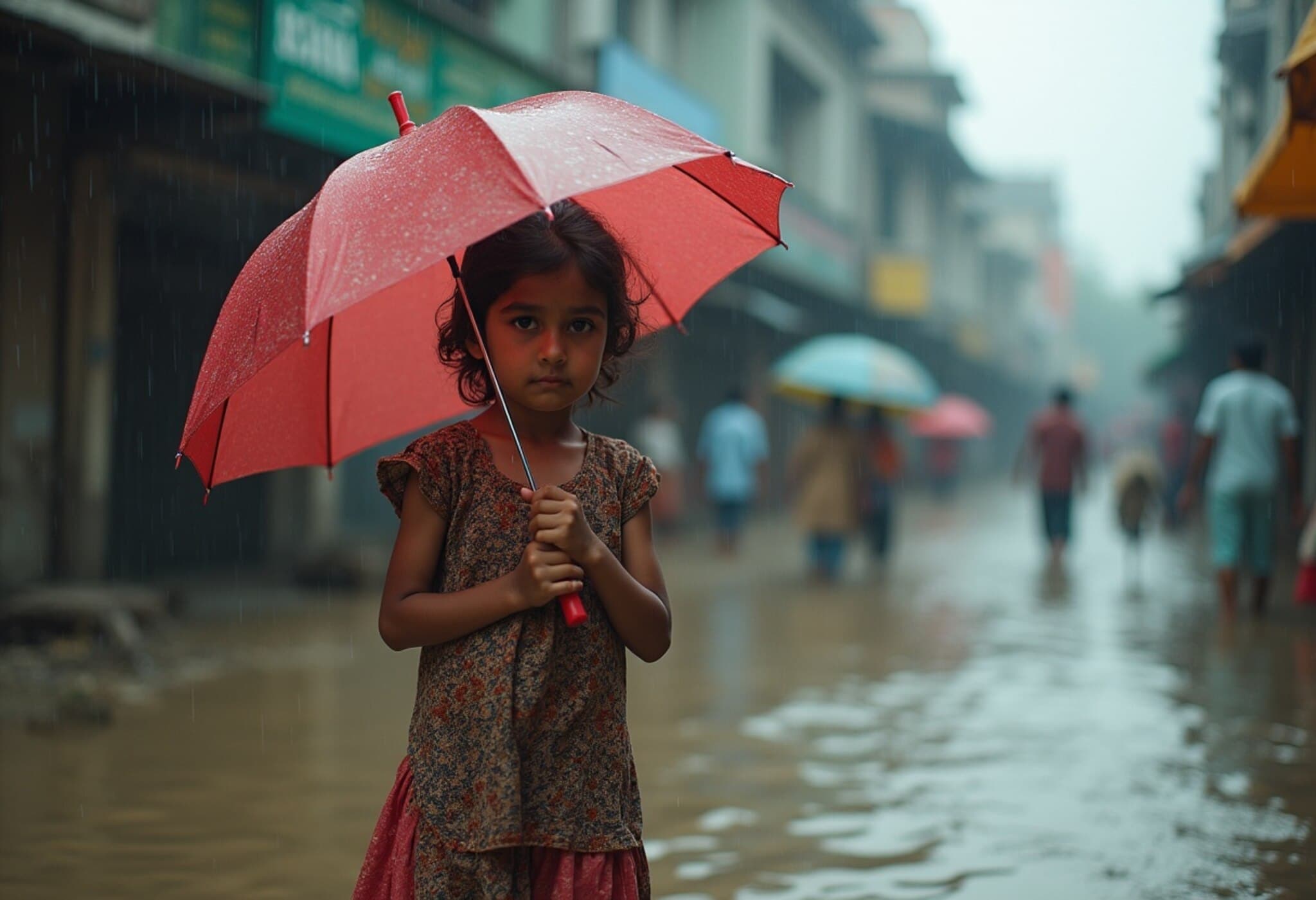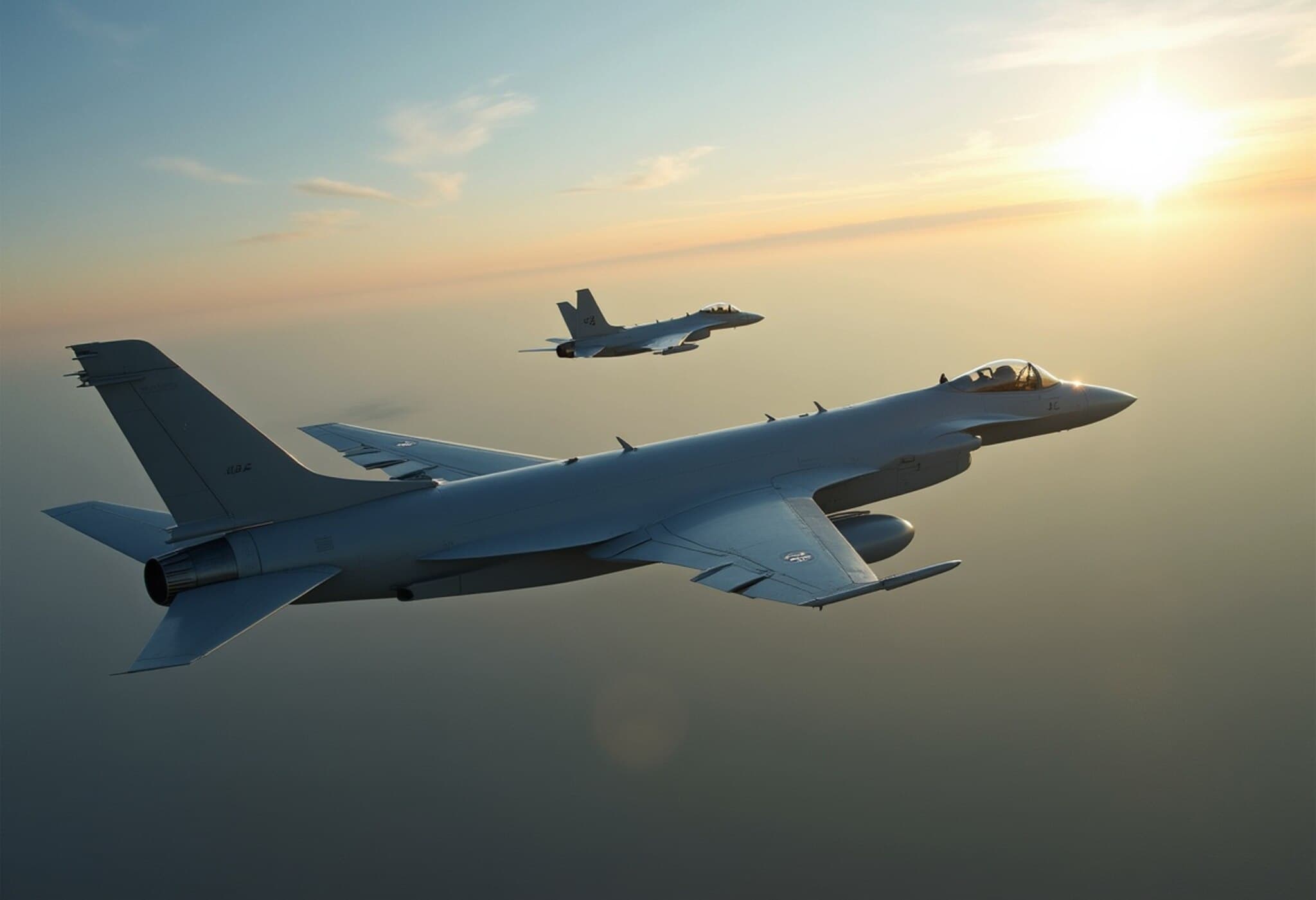Yoon Suk Yeol’s Unconventional Resistance Raises Eyebrows in South Korea
In a striking display of defiance, South Korea's impeached former president Yoon Suk Yeol reportedly lay on the floor of his prison cell clad only in an undershirt and boxer shorts. This act of resistance effectively delayed his questioning by special prosecutors investigating allegations of election tampering tied to his wife, Kim Keon-hee.
Context of the Investigation
Yoon, already detained on charges related to a controversial attempt to impose martial law in December 2024, faced a fresh warrant aimed at questioning him over separate accusations. This new probe focuses on alleged interference by Yoon and his wife in the People Power Party’s candidate nominations during recent local and National Assembly elections — a serious charge that touches the core of democratic governance in South Korea.
Standoff with Prosecutors
According to Assistant Special Prosecutor Oh Jeong-hee, a special prosecution team attempted to enforce the warrant, urging Yoon to cooperate voluntarily, in recognition of his former role as the nation’s president. However, Yoon refused to don his prison uniform or leave his cell, choosing instead to lie on the floor for prolonged periods.
Prosecutors made multiple requests over a two-hour period but ultimately ceased their efforts, fearing use of physical force could cause harm. Oh later warned that if future attempts occurred, physical measures might be employed.
Public and Expert Reactions
This episode has sparked stern criticism from political analysts and legal experts. Chosun University political science professor Jhee Byong-kuen denounced Yoon’s behavior as "disgraceful defiance" of the rule of law, noting that such conduct undermines public trust in democratic institutions. He highlighted a growing perception that the former leader is portraying himself as a victim of political persecution rather than acknowledging the gravity of the accusations.
Yoon’s initial arrest took place in mid-January 2025, related to insurrection and abuse of power linked to his declared martial law attempt. Although procedural challenges led to his release after 52 days, he was soon rearrested on additional charges, including obstruction of official duties and instructing his security detail to interfere with his prior arrest.
Legal and Political Implications
The case carries profound implications for South Korea’s democratic fabric and the rule of law. The Constitutional Court upheld Yoon’s impeachment in April 2025, affirming the legislature’s authority and signaling the judiciary’s stance against executive overreach.
However, Yoon’s continued resistance raises critical questions about accountability at the highest levels of government. It also sets a troubling precedent regarding compliance with legal processes by former heads of state.
Broader Regional Impact
South Korea’s political turbulence comes at a time when the Korean Peninsula remains a focal point of geopolitical tension. Stability and adherence to democratic norms are vital not only domestically but also for regional security partnerships involving the United States, Japan, and other allies.
For the U.S., which maintains a significant military presence and robust security ties with Seoul, these developments underscore the delicate balance between supporting democratic governance and managing strategic alliances.
What’s Next?
- Prosecutors may return with reinforced resolve, potentially utilizing physical force as a last resort to execute warrants.
- Public opinion is likely to remain divided; ongoing transparency and fair judicial processes will be essential to maintaining confidence.
- The unfolding legal battles will likely influence South Korea’s political landscape ahead of upcoming elections, testing the resilience of its democratic institutions.
Editor’s Note
The saga surrounding Yoon Suk Yeol is more than a personal legal battle; it reflects the complex intersection of power, accountability, and democratic principles in contemporary South Korea. Observers should watch closely how legal institutions assert their authority amidst high-profile political turbulence. The question remains: can a nation uphold the rule of law when its leaders challenge it so publicly? Furthermore, this story serves as a cautionary tale for democracies worldwide about the fragile nature of governance and the constant need for vigilant institutional checks.


